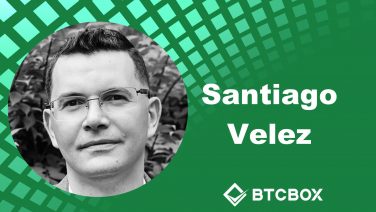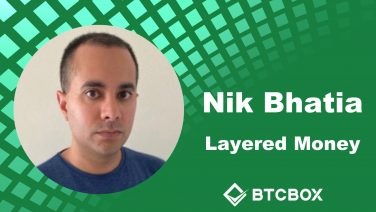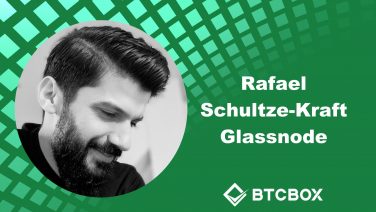 Blog
BlogThe Fundamental Values of Bitcoin : Interview with John Vallis ②
If we allow those to change, we have to figure out who changes them, who has the power, and what's to stop us from changing it depending on the political or philosophical winds that are blowing at any given time. No, Bitcoin’s fundamental propositions are meant to be an absolute constant which is something we've never had in the field of economics. We've never had an absolute constant for measuring value, but now we have one, and we should not fail to understand or recognize the importance of that.













